#Unlockourcountry: Kenya

In Kenya, the first anniversary of the COVID-19 virus was "celebrated" with the entry of a new lockdown. President Uhuru Kenyatta announced a new lockdown on 26 March 2021 as the number of infections and deaths due to the virus was rising rapidly. This new lockdown generated huge reactions both offline and online.
Online climate summit in the Netherlands: biggest problem remains unsolved
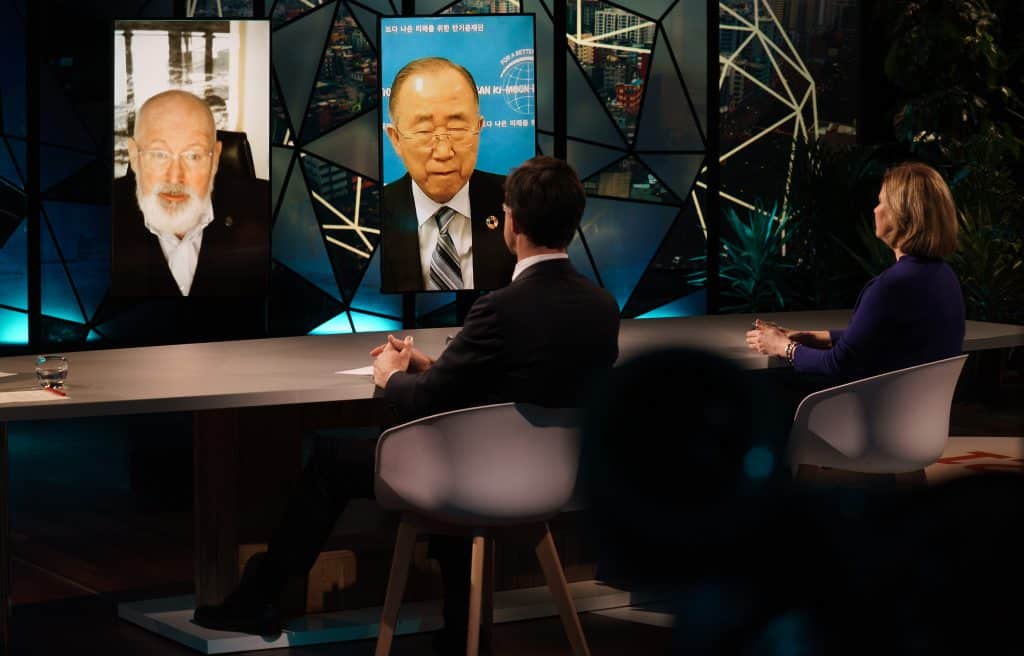
Last week, the Netherlands hosted the first ever Climate Adaptation Summit: a meeting with world leaders, companies and organisations on climate adaptation. Good steps were taken, but a critical look at results of the summit reveals that the biggest problem - climate finance - remains unsolved.
Climate justice: flooding in Beira, Mozambique
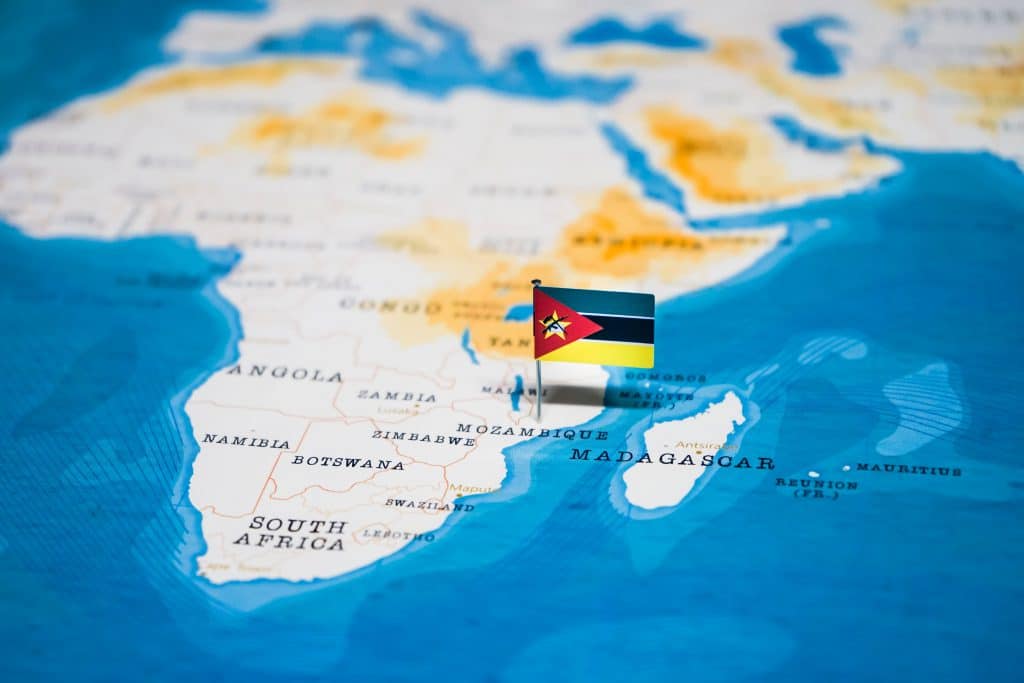
Beira, Mozambique's second-largest city, is only a few metres above sea level. Climate change and rising sea levels have made the city vulnerable to flooding and extreme weather. Consequently, in 2019, Beira was hit hard by Cyclone Idai. The cyclone destroyed and flooded large parts of the city.
The impacts of climate change in Africa
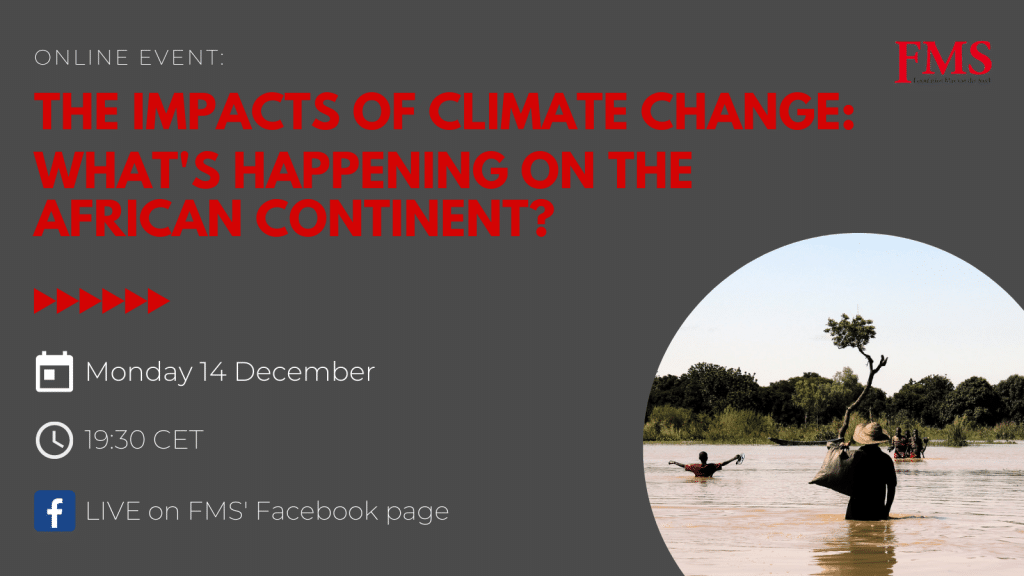
Last Monday, we were live on Facebook with Andrew Mambondiyani, Hala Burma, Irene Dankelman, Laurie van der Burg and Kirsten Meijer to discuss the impacts of climate change on the African continent. Why is that African people are hit so hard by climate change? What is the impact they see and feel? What can we do in the Netherlands to support these people? And why is it so important to also look at gender in this regard?
The TLPF and the battle of Mekele
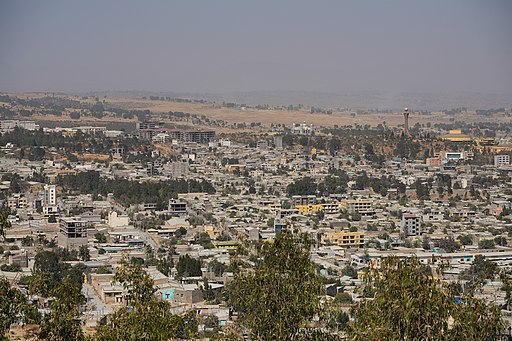
The Ethiopian army has just won the battle for Mekele, the capital of Ethiopia's rebellious Tigray region: The dust clouds are still descending. Wrenched from the hands of the Tigray People Liberation Front (TPLF), Mekele has been brought back under the control of the central Ethiopian state. 20 years after the end of the civil war, there is a new civil war. Here, is a brave fighting minority being enslaved by a brutally oppressive central state? What does the TPLF actually stand for? How did it get to this point?
The impacts of climate change: what's happening on the African continent?

The climate is changing: it's getting hotter, we experience periods of droughts alternated with heavy rainfall and extreme weather. In the Netherlands, this means that we can enjoy our beaches more during the summer, that we have less snow and more rain in the winter, and will there ever be another Elfstedentocht for iceskating? We adapt to these circumstances, buying air conditioners for in the summer and preparing our rivers to take up more water. The impacts of climate change are not really hindering our lives... yet.
Climate justice: Hydropower and energy in Zimbabwe
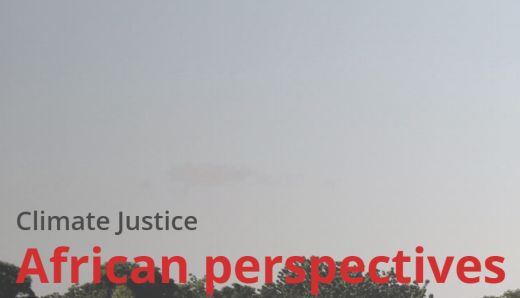
Hydropower is Zimbabwe's main source of energy. In a country where only 40-45% of the population has access to energy, this source is now also threatened by climate change. Thus, power cuts are becoming more frequent. This has major implications for the people of Zimbabwe and the country's economy.
Still no new president for Ivory Coast
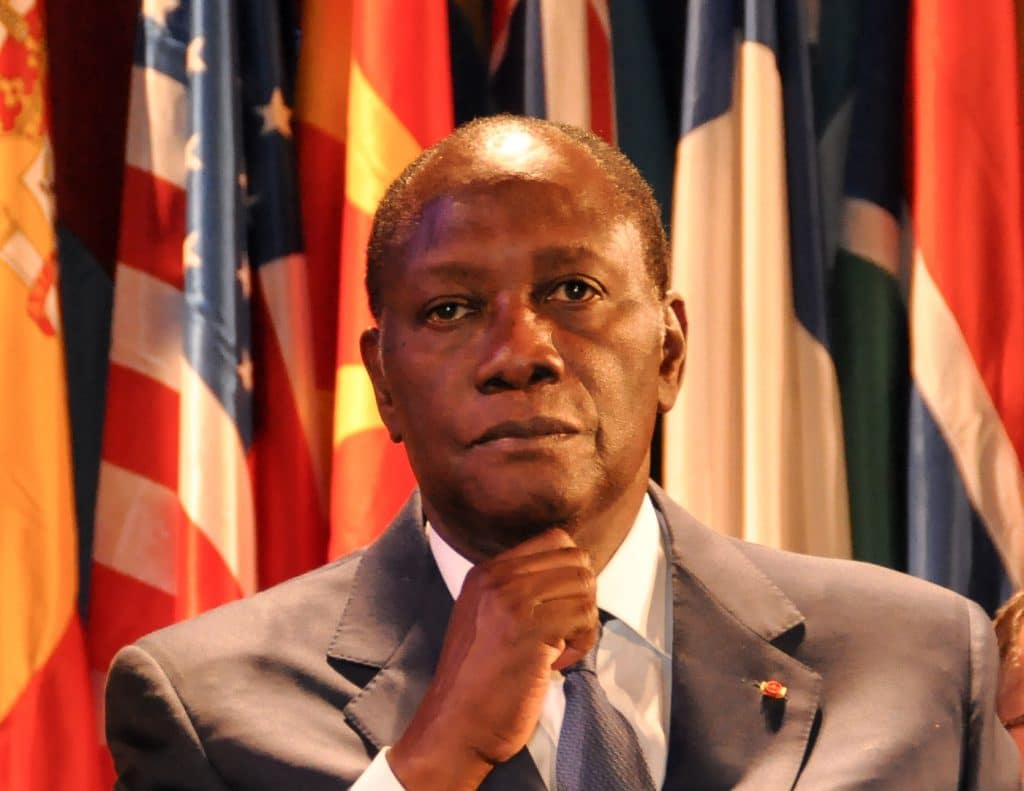
After more than a week of uncertainty and unrest, the constitutional court has finally confirmed the winner of the election. The incumbent president has forced a new term through the ballot box. Wait... the incumbent president? But Trump had lost, hadn't he? Yes, he did. But this goes the 31 October election in Côte d'Ivoire, won by 78-year-old Alassane Ouatarra.
In conversation with experts on Climate Justice
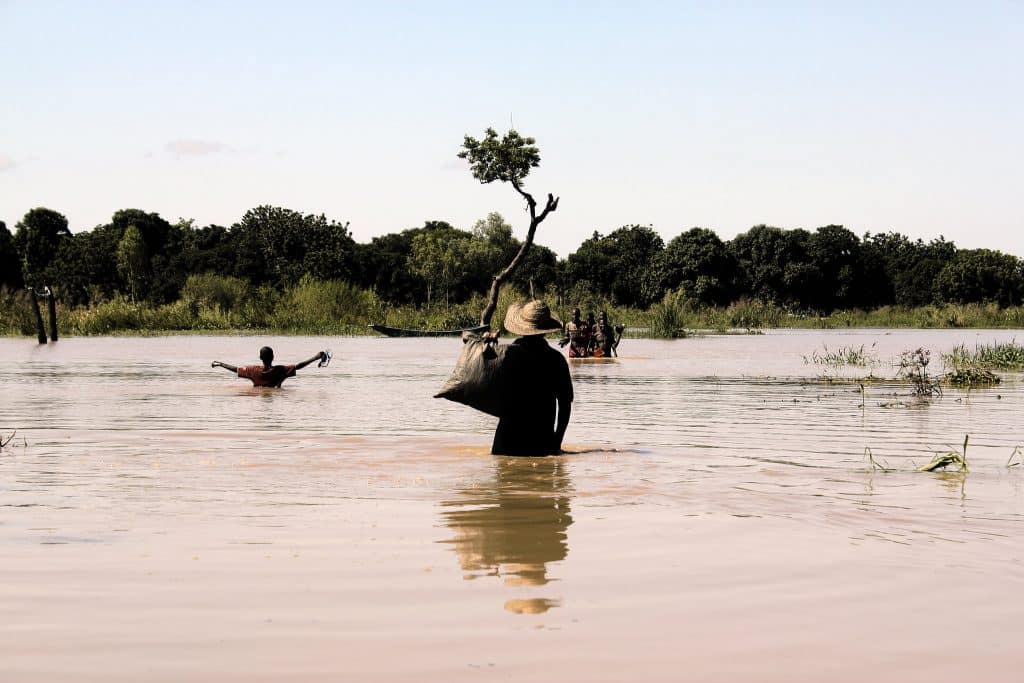
Last week, Monday 29 June, together with our European partner FEPS, we organised an expert meeting on our new joint research Climate Justice: African perspectives. With a group of some 20 experts from home and abroad, we discussed priorities when it comes to fair climate policies with regard to African countries. It was a very useful and instructive afternoon with very useful input for the rest of the research. Once again, we would like to thank all participants for their contributions!
Step towards a fair tax policy
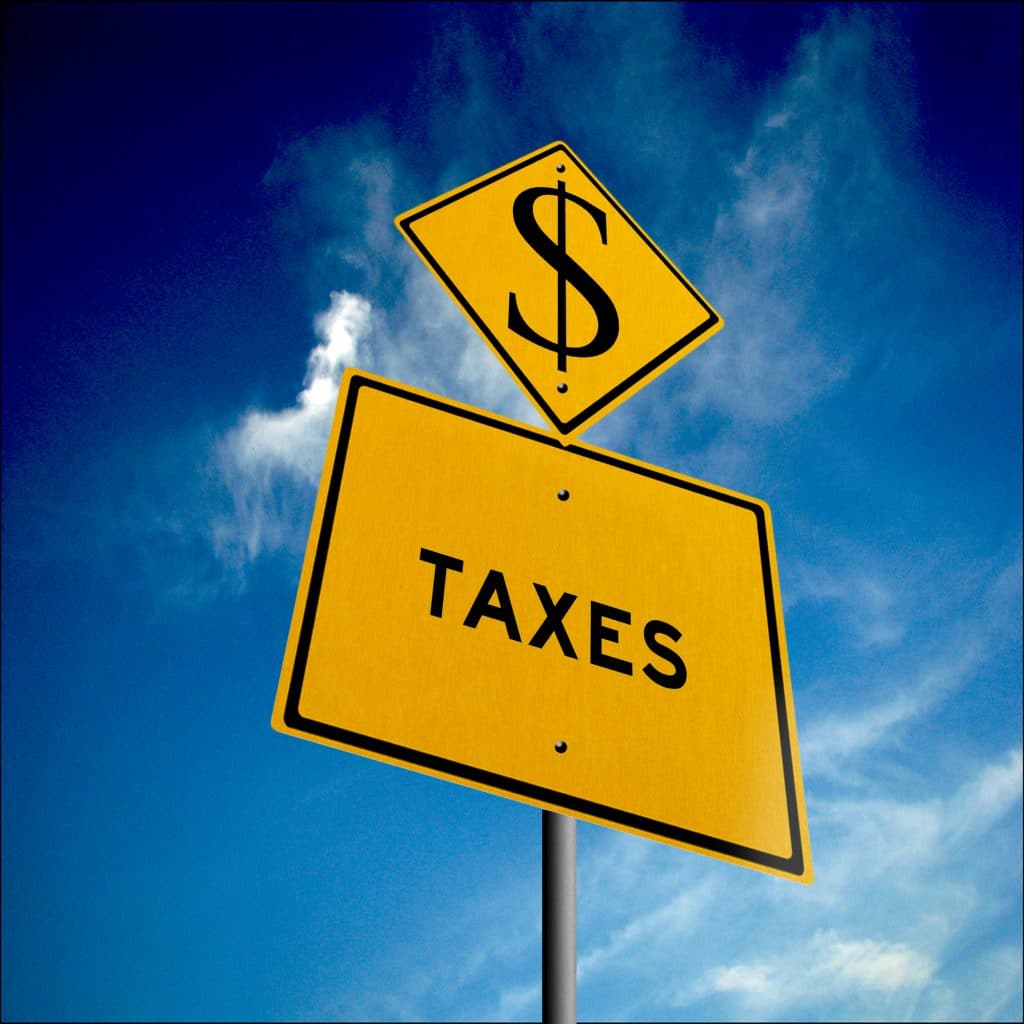
Since the financial crisis, countries have been cooperating more and more effectively to combat tax evasion. Meanwhile, this cooperation between countries extends beyond the OECD countries. 130 countries are now working together, within the Inclusive Framework, to combat tax evasion. Recently (29 May 2020), State Secretary of Finance Vijlbrief sent the new Fiscal Treaty Policy Memorandum 2020 (NFV) to the Lower House. The NFV sets out the Dutch negotiating position on bilateral tax treaties. It is positive that more attention is being paid to the position of developing countries in such treaties, but a critical eye is still required.

